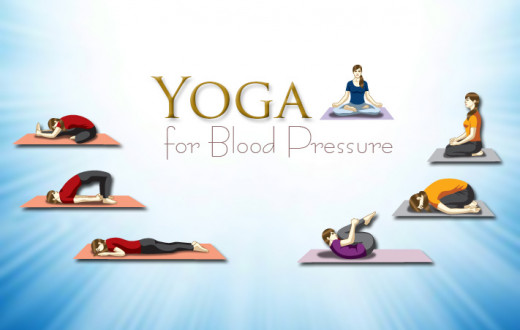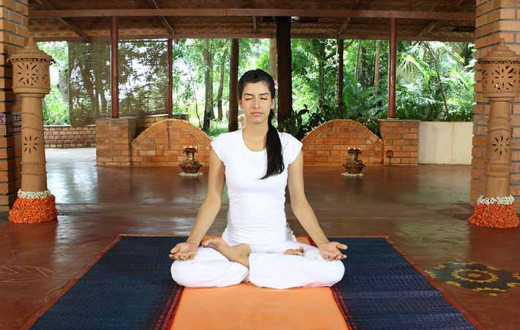Happiness: A critical asset for Agents of Change
Could our own personal level of happiness impact our effectiveness as Agents of Change? Science responds with a resounding YES! Your personal happiness not only feels good, but it’s also important for you, and it’s important for the world.
Neuroscience has shown that we are hardwired to be at our best and most useful when we’re happy. Not only does happiness cause the release of neurotransmitters (the brain’s chemical messengers) that make us more altruistic and philanthropic (Zak, P.J., 2011), but happiness keeps our peaceful, parasympathetic nervous system humming. This, in turn, improves our brain’s functioning. Research shows that happy people are more creative, better problem solvers, have sharper memories, learn faster, are better leaders and negotiators, and connect more easily with others. (Lyubomirsky, S., King I.A. et al (2005)). So it’s probably not surprising to learn that Harvard Business School Research found happy people are 37% more productive than their non-happy peers in the same position (They earn more money too!).

Certainly, in dealing with injustice and human suffering we can’t walk around grinning from ear to ear. But if we get overshadowed by the suffering of others, if we lose our centeredness, we become less able to help them, (we also pay a great and unnecessary price in terms of loss of our own health and wellbeing).
So how can we increase our happiness levels? Fortunately, there are hundreds of things we can do. Nurturing optimistic thinking (the glass is half full), learning to forgive, creating a gratitude list - all can be effective. Such undertakings pay off (Lyubomirsky, S., King I.A. et al (2005) Diener (1999) Myers (2000)). They literally begin to rewire our brains (called neural plasticity) to respond in a positive manner (Davidson, 2008).
Regular exercise can also be a potent happiness enhancer. Exercise boosts a protein known as BDNF – brain-derived neurotrophic factor - which helps the happiness enhancing neurotransmitters function more efficiently (Erikson, K. 2012). Those neurotransmitters that BDNF impacts, (e.g. serotonin) are the very ones targeted by antidepressants.
Yet one of the easiest things we can do to automatically crank up our body’s happiness chemistry is simply to breathe. Even a deep, slow breath starting in your belly and eventually filling your lungs can instantly trigger the parasympathetic nervous system (Russo, M.A. et al 2017)—which counters our fight or flight response—and puts us on the road to increasing calm and joy. A particularly effective meditative breathing technique called Sudarshan Kriya has been found to be especially effective in helping us humans stay on a happiness track, regardless of what is happening on the outside.
This is due in part to the role of the breath in the functioning of our autonomic nervous system (ANS). When we’re happy and relaxed and functioning dynamically and effectively, the parasympathetic arm of the ANS is functioning optimally. However, in today’s fast-paced world, science finds that the opposite ANS arm, the stressful fight or flight sympathetic nervous system often functions on overdrive. Since breathing is the only function of the ANS that can be consciously controlled (all other ANS functions like digestion and heartbeat are purely automatic), specific breathing practices have been shown to have a unique ability to rapidly quiet the stress response and increase parasympathetic activity.

And with Sudarshan Kriya (SKY), this rebalancing, and strengthening of ANS functioning happens rapidly. For example, the major stress hormone cortisol is found to drop significantly within 2 weeks (Vedamurthachar, A., et al 2006). Blood lactate, another biomarker of stress/sympathetic nervous system activation was found to be 4 fold lower in police cadets who learned SKY (Sharma, H., et al.,.2003). And Heart Rate Variability, one of the best indicators of overall ANS function (and longevity!) has been found to significantly increase in SKY practitioners (Bhaskar, L. et al, 2017.)
And what is particularly important in real-world settings like those that agents of change often face, is that the benefits of SKY practice persist, even under duress. A published study from Belgium found that when people practice SKY, they have a greater ability to hold onto the benefits of other happiness and wellbeing strategies they employ (Gootjes, L. et al (2007)). Several studies have also found that people who practice SKY are more resilient to stress (e.g. Subramanian, S., et al., 2012), and importantly experience happier emotions such as joviality, serenity and life satisfaction (Goldstein, M.R. et al, 2016).
Truly a golden key to our happiness, and our power as agents of change, has been hiding right under our noses.
Ronnie Newman, Ed.M., C.A.S.
Ronnie is an award-winning, Harvard University-trained researcher and published author in the field of Mind-Body medicine, she is currently Director of Research and Health Promotion, Art of Living Foundation, N. America. She is also faculty at Nova Southeastern University, Lifelong Learning Institute.



























































































































